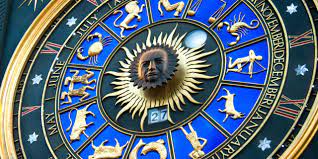In the modern era, astrology has seen a resurgence in popularity. Its presence on social media platforms, accessibility through apps, and the widespread sharing of daily horoscopes have contributed to its integration into popular culture. Many turn to best astrologer in new york for guidance, self-reflection, and a sense of connection to the cosmos.
Psychological astrology, a contemporary approach, focuses on using astrological insights as tools for self-awareness and personal development rather than strict predictions. Therapists and counselors sometimes incorporate astrological concepts to aid clients in understanding behavioral patterns and motivations.
Criticism and Skepticism
Despite its enduring popularity, astrology faces criticism from skeptics and scientists who question its empirical validity. Skeptics argue that the correlations between celestial movements and human affairs lack scientific evidence, considering astrology as a pseudoscience. They emphasize the absence of a causal mechanism explaining how celestial bodies could influence human lives.
Closing Thoughts
Astrology remains a subject that evokes diverse opinions and emotions. For some, it offers comfort, guidance, and a framework for understanding life’s complexities. Others view it with skepticism, citing the lack of scientific basis.
Regardless of one’s stance, astrology continues to intrigue and influence individuals worldwide, transcending boundaries and serving as a lens through which people seek to comprehend their lives and the universe’s mysteries. Its enduring allure lies in its ability to spark curiosity, introspection, and conversations about the interconnectedness of celestial phenomena and human existence.



